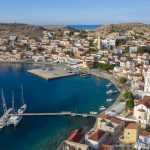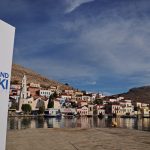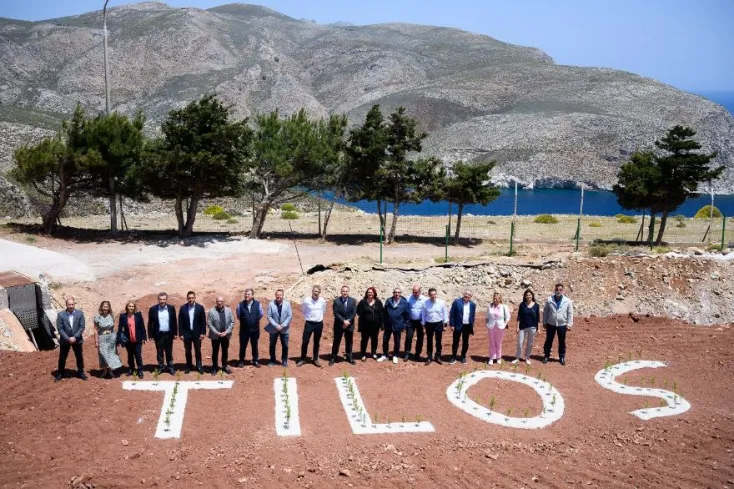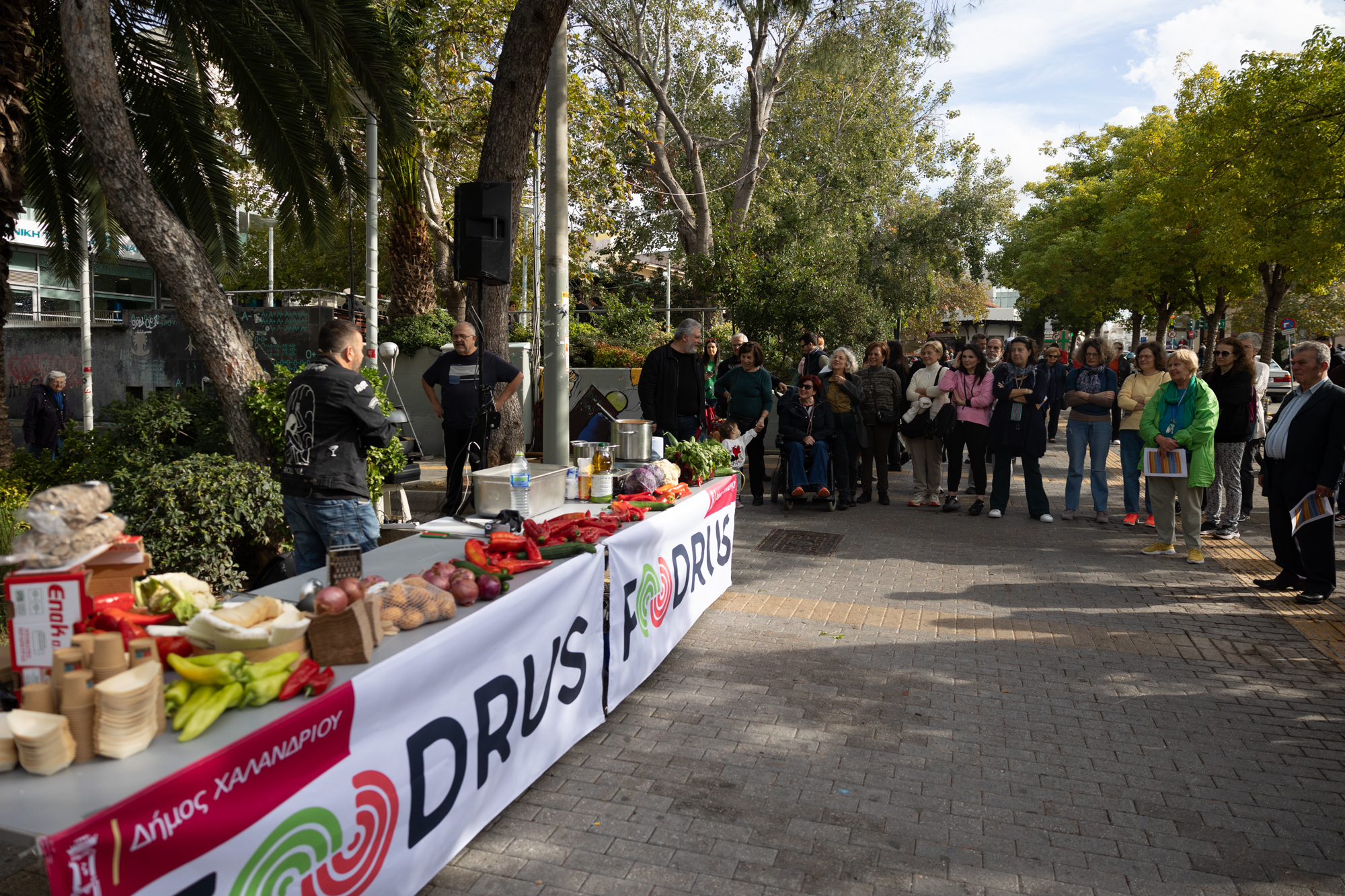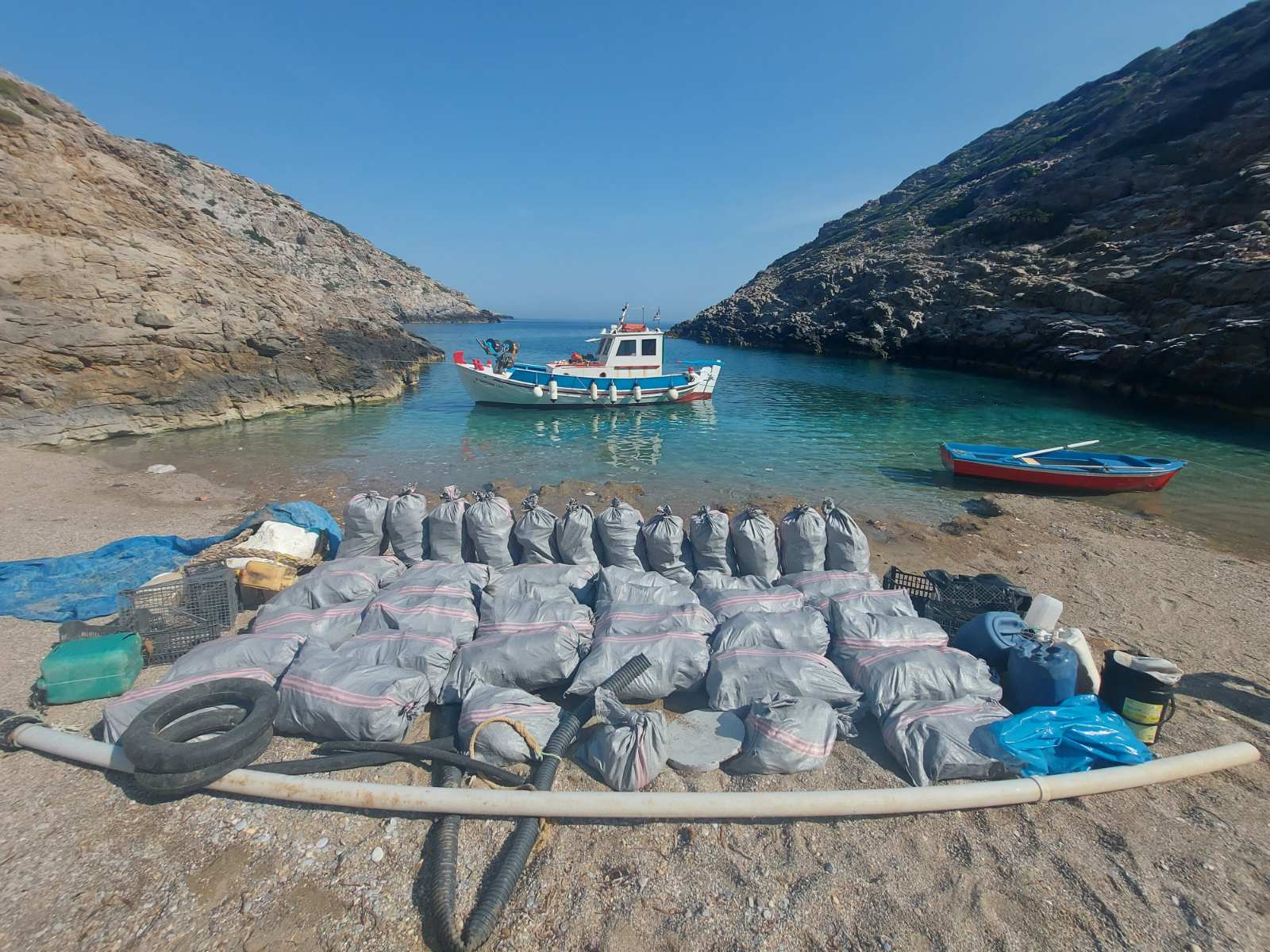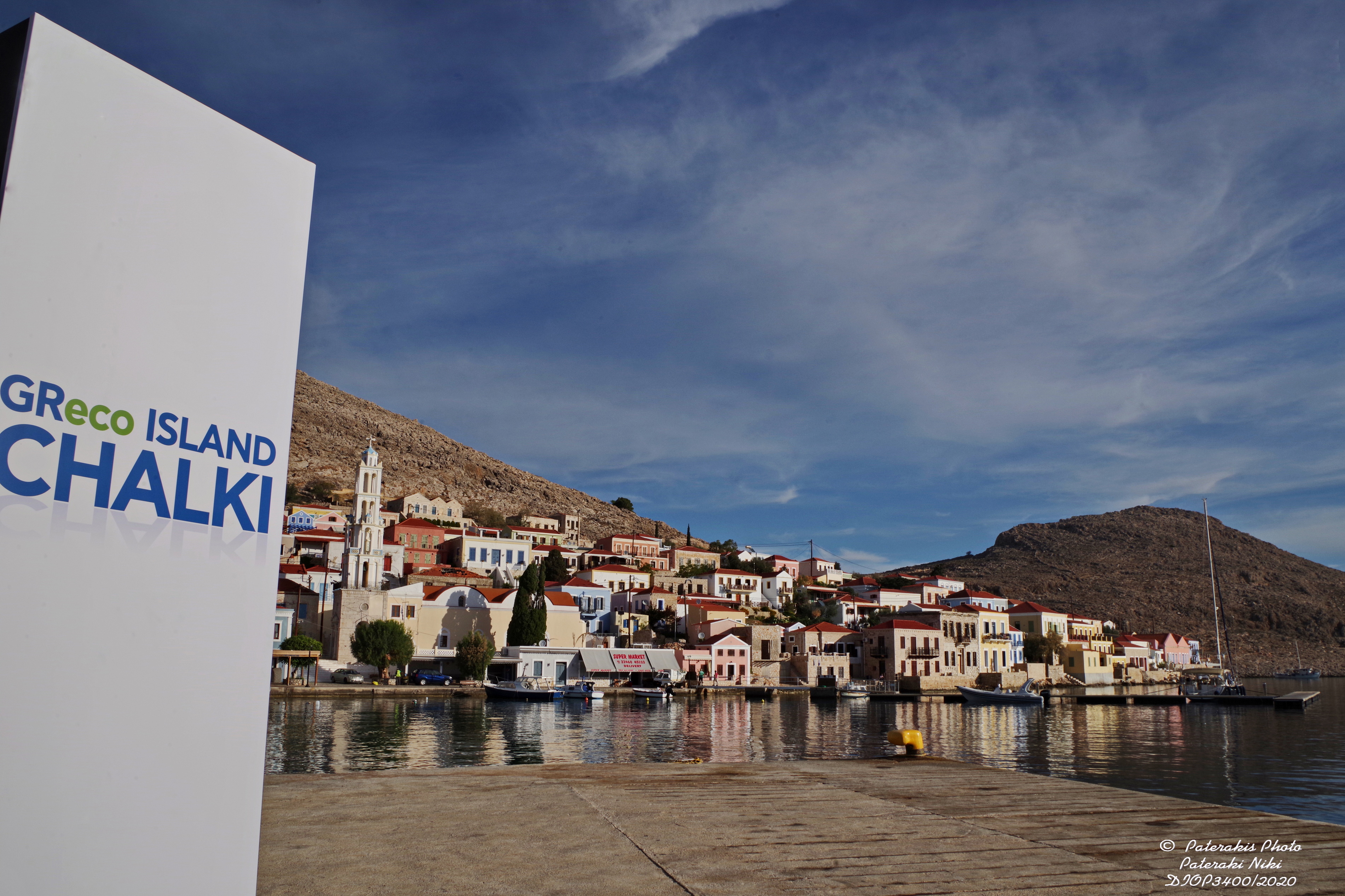
Halki’s initiative leverages renewable energy and smart solutions to achieve energy self-sufficiency, reduce costs, and foster sustainable development on the small Greek island, serving as a replicable model for green transitions in isolated communities.
TRANSITIONING TO RENEWABLE ENERGY FOR ENERGY INDEPENDENCE
Halki’s shift to renewable energy has transformed its energy landscape, achieving self-sufficiency through clean power while drastically reducing costs and emissions. With solar power now covering the island’s electricity needs, energy bills for residents, businesses, and municipal services have decreased by up to 85%, saving between €180,000 and €250,000 annually. Additionally, CO₂ emissions have been cut by approximately 1,800 tons per year, demonstrating the project’s environmental and economic impact.
ENERGY DEMOCRACY
The initiative combines digitalisation and green energy to modernise Halki’s infrastructure and combat energy poverty. By replacing thermal production units and optimising energy management, the island not only saves €215,000 annually in service costs but also mitigates €120,000 worth of carbon emissions. The project fosters local innovation and entrepreneurship, empowering residents to become active participants in the energy transition while attracting sustainable tourism.
A COMMUNITY-CENTRED APPROACH
Halki’s energy transition promotes a model of energy democracy, enabling residents to collectively benefit from renewable energy. Through community engagement and governance, the initiative strengthens local identity and social cohesion while advancing climate action. This model illustrates how small, underdeveloped islands can become pioneers in sustainable energy solutions, setting a precedent for other remote regions to follow.


